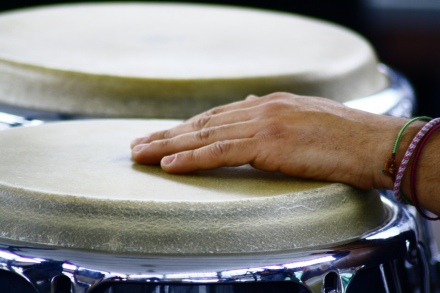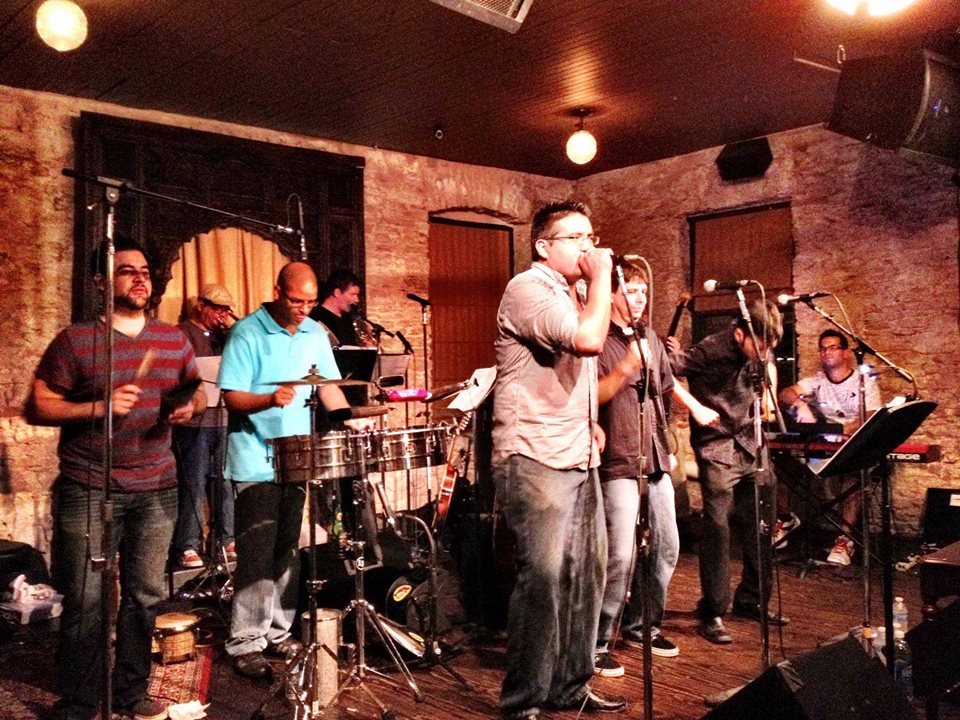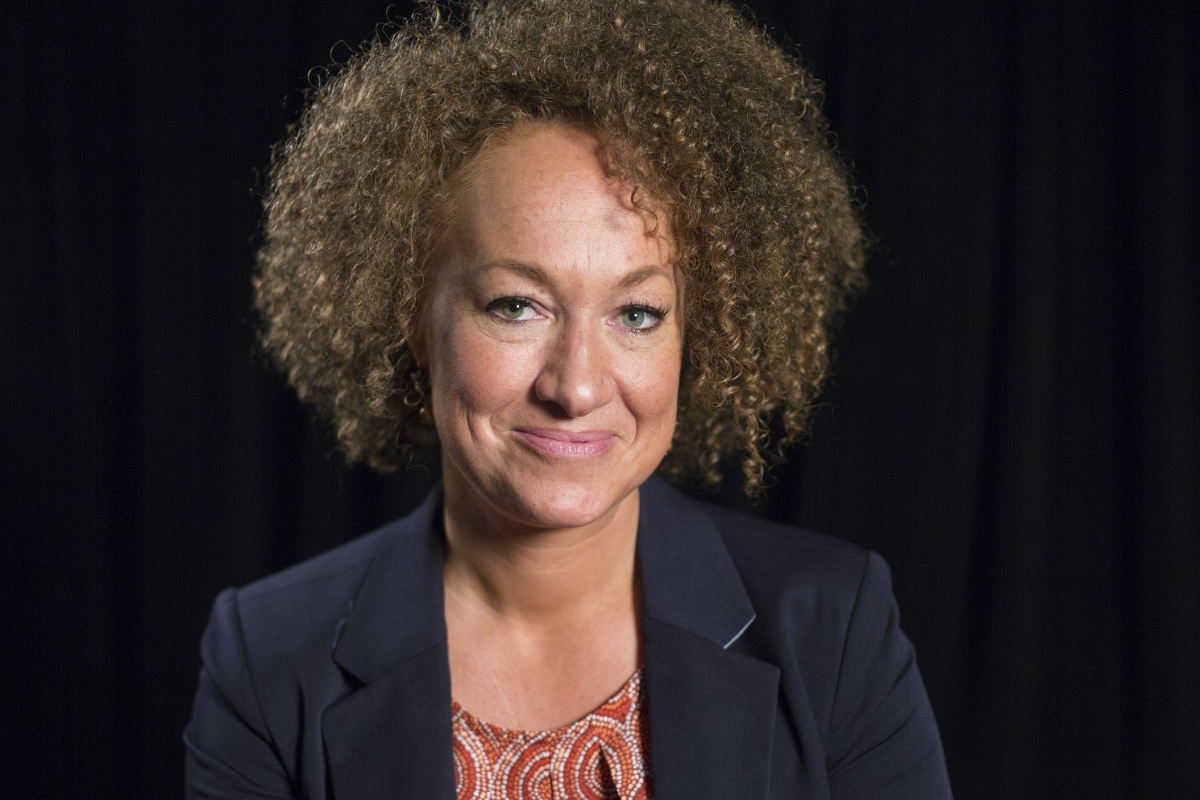One of my best childhood friends was a Puerto Rican girl whose family would host impromptu parties (that I sometimes accidentally attended), and I remember people of all ages dancing in their living room. Her dad had a set of congas in a corner that I never saw anyone play but that I had a feeling were more than decoration. Whenever I walked by them, I would brush my hand across the rough skin of the drum head.  Their neighbor (who they called “Cuco”) played in a salsa band. I never saw or heard the band play but I he had that cool, musician aura about him. I would sit on the couch and watch them laugh and spin in the living room. I remember wishing I knew how to do what they did. The music was familiar to me (my dad often played salsa music) but the movement was not.
Their neighbor (who they called “Cuco”) played in a salsa band. I never saw or heard the band play but I he had that cool, musician aura about him. I would sit on the couch and watch them laugh and spin in the living room. I remember wishing I knew how to do what they did. The music was familiar to me (my dad often played salsa music) but the movement was not.
In my 10th grade English class, I had to give a demonstration speech and decided to demonstrate the basic steps of salsa. So, I did a little research to learn the basic steps in preparation for the speech. 😉 None of my classmates (in suburban Milwaukee, WI) knew that I had never really danced salsa. I stood on top of a table at the front of the room, counting as I stepped back and forth. (I think I got an ‘A’ on that speech.)
In college, I finally ventured onto a few dance floors to try my hand at this salsa thing. I didn’t yet know enough to know how bad I was. As far as I was concerned, I was killin it! I certainly had a lot of fun.
In graduate school, I really dialed up my salsa dancing. Every opportunity I could, I went out salsa dancing. Live bands in the campus pub every month! Weekly salsa shows in the dive bar down the street (which most other nights hosted random hard rock bands). I became a regular in the salsa scene, made some dance floor buddies, and had soooooo much fun. Some of my favorite memories from that era of my life involve live bands, sweaty bodies, and smooth moves. I officially LOVED salsa. 
But my relationship with salsa has gotten more complicated over the years. Part of the complication is caused by my increase in knowledge. The more you know, the more you realize you don’t know. And my increased technical proficiency has also, unfortunately, increased my inhibition and self-consciousness.
But much more of the complicated relationship can be attributed to my own personal evolution and coming into my queerness. To be a queer black woman in salsa spaces is to crash head-on with traditional gender roles and the type hypermasculinity/femininity that constrains queer possibility. For many, salsa is considered a sensual dance form and it is exceedingly heteronormative–from the names of the moves to the ways men and women are expected to move their bodies. Men are ascribed as “leads” and women as “follows” despite the fact that there is nothing inherently gendered about the dance moves of leads and follows (I mean, other than the obvious fact that men are natural leaders. *rolls eyes*) I should mention that it is not uncommon to see two women dancing together, and it is usually inconsequential provided they both present in gender-normative ways (i.e. they’re both feminine). But this also subjects them to a sexualized, male gaze.
I can remember nights when I was getting ready to go out dancing, and I would spend so much time and energy figuring out how to feminize my look (deeper V? tighter pants? bigger earrings? more lip gloss?) so that I would be read as feminine on the dance floor and therefore more likely to be asked to dance. The reality is that all the guys want to dance with the “pretty girls”…even when those girls can’t dance worth a damn. The social scripts of salsa scenes rely on expressions of hyperfemininity and to miss the cue is to exclude yourself from the pool of desirable dance partners. I have had many salsa nights of standing on the sidelines, never being asked to dance all night. I would go home, feeling defeated and self-critical, wondering if men avoided dancing with me because the presence of my own masculinity (even when dialed down to its most subtle form) compromised their own performance of masculinity. I wondered if men avoided dancing with me because black American women offer so little social capital, and who wants to climb down a rung on the social ladder for even the 6 minutes and 30 seconds it takes to dance to one salsa song. I wondered if men avoided dancing with me because, for whatever reason, I would not make them look good.
I still LOVE to dance salsa, and I have had to accept that the culture of salsa scenes is not bound to change any time soon. I have spent countless hours learning Cuban salsa and salsa rueda over the past few years; I don’t want to walk away from a hobby I love because it is difficult for me to fit in comfortably. And yet…I don’t know if it is good for me, psychologically, to repeatedly participate in social environments that make so little room for queerness and so rarely celebrate me as I am.
And now some gay salsa…






